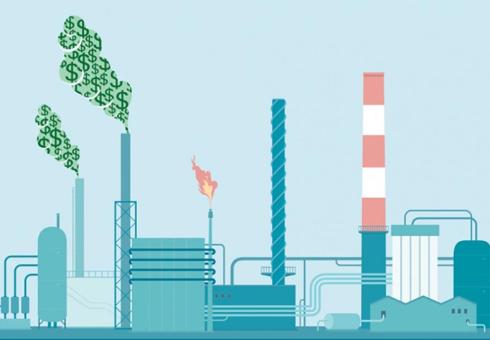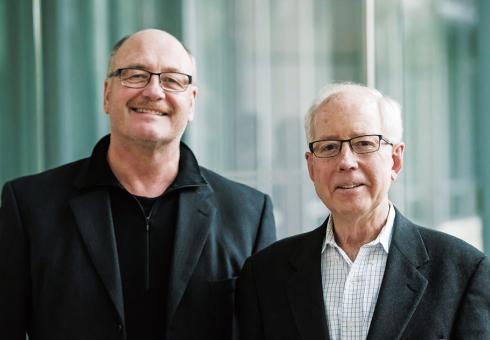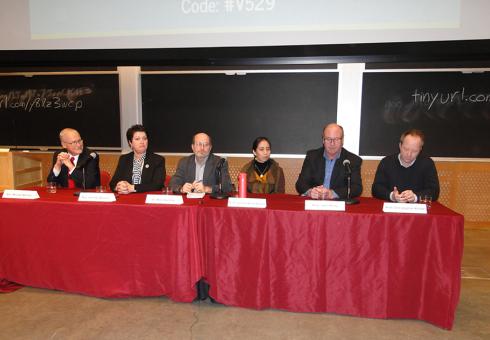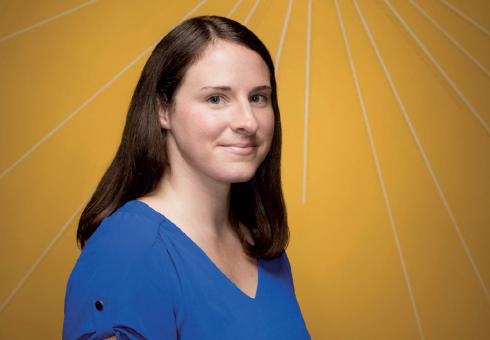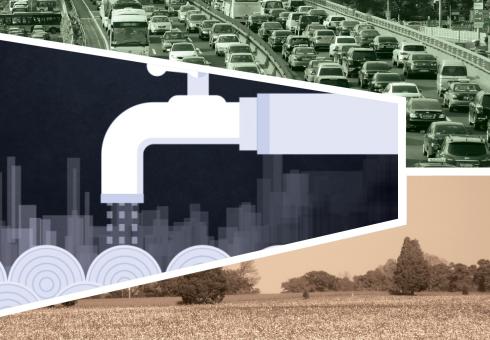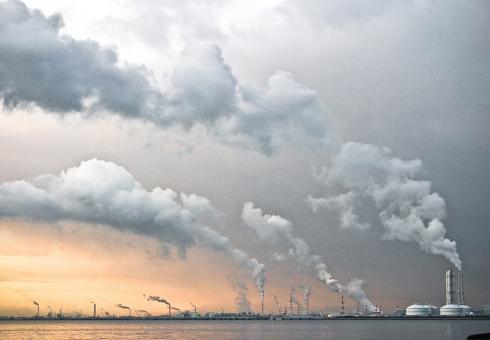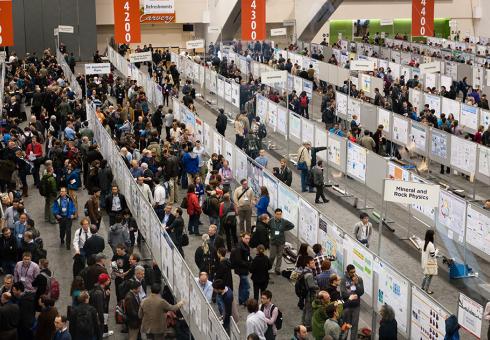Study projects likely impacts on food prices, bioenergy production and deforestation
News and Outreach: John Reilly
Several different carbon-pricing approaches would help reduce emissions, and some would be fair as well, researchers report
A landmark platform models the range of ways a changing climate may affect humanity, and vice versa
Joint Program Co-Director mentors 360° video journalists
Panel at MIT explores benefits, costs and political challenges
MIT Energy Futures: Why including non-carbon options is key
An analysis by MIT researchers shows that when electric power companies are planning to invest in new generating facilities but face the possibility of future limits on carbon emissions, they can reduce their long-term economic risk by having at least 20% of the new generation come from non-carbon systems such as solar and wind. Coal or natural gas plants are less expensive initially, but they might have to be shut down prematurely if a carbon cap is put in place in the coming decades. Non-carbon systems are more costly to build, but they’re relatively inexpensive to operate, so companies will continue to run them, even if there’s no restriction on carbon emissions. The researchers’ novel method of incorporating expectations about future emissions policies into the decision-making process identifies an investment strategy that can as much as halve cumulative costs to the US economy, potentially saving more than $100 billion over the long term.
Insights, news, projects, publications and other developments at the MIT Joint Program
"A serious commitment to long-run climate goals requires we stay focused on planning for a zero-carbon world," writes MIT Joint Program Co-Director John Reilly in The Energy Collective.
Presentations to center on Earth system science, infrastructure resilience and air quality
MIT Joint Program Co-Director John Reilly serves as expert and panelist in two HUBweek events
MIT Joint Program Co-Director John Reilly, former U.S. Vice President Albert Gore and other experts explore extreme implications of climate change in a video in the NowThis: Apocalypse online series


